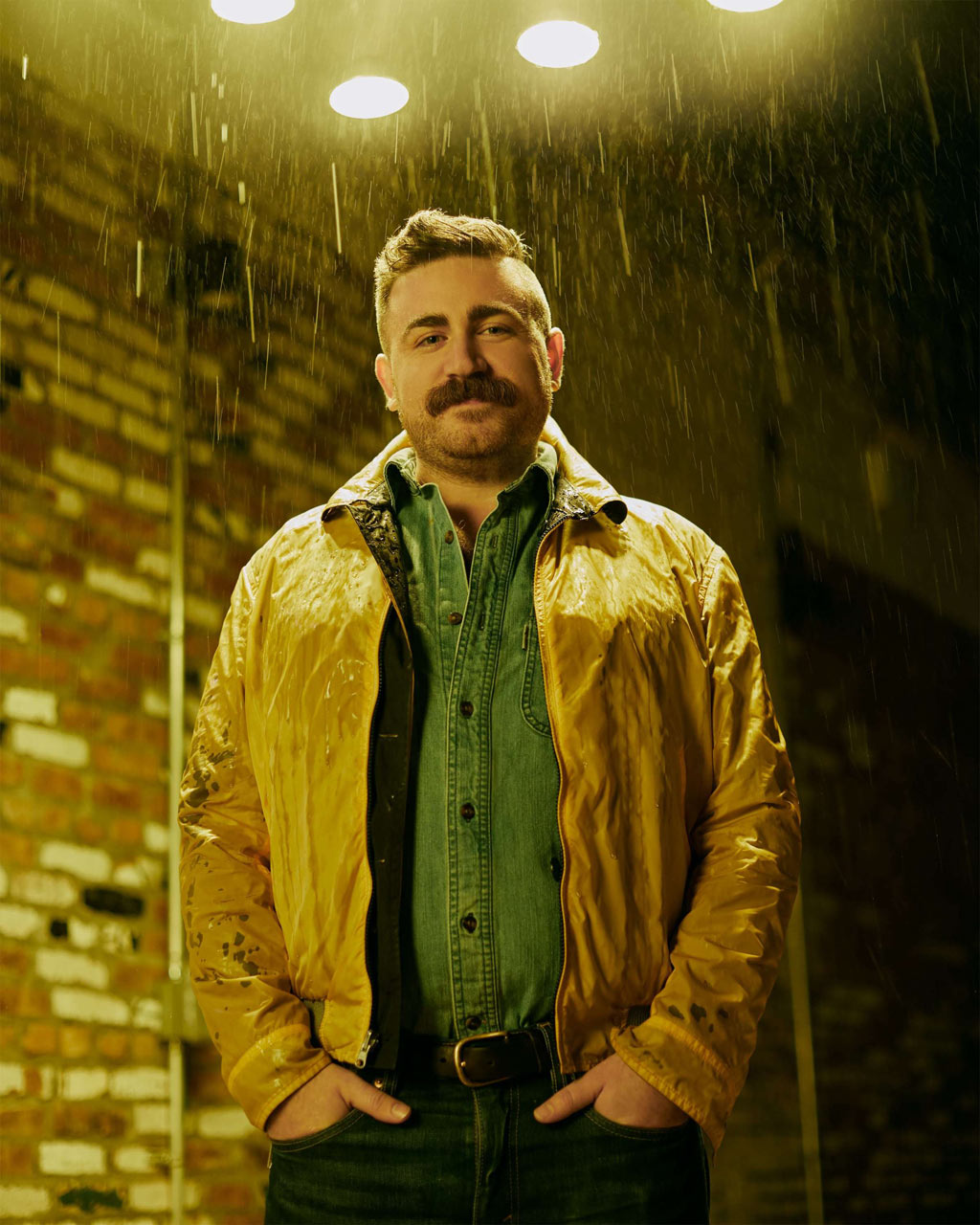Fulfillment Series: Sconce I
18” x 30” x 5”
2020
Aluminum laminated with screen printed retro-reflective polypropylene, nylon, electrical components, chromed incandescent lamp, zinc-plated hardware
There lingers two contradictions at the edge of our shared experience in forced isolation this past year. First, confined to our solitary domesticity, we are nevertheless more connected than ever. Beyond communication technologies, we are suspended in a web of material flows which has and continues to rewrite the American landscape; our homes become mere nodes in this network of shipping and distribution, of desire and fulfillment. The second contradiction lies in the gap between the apparent nature of this web of logistical flows and its real manifestation on our built environment. The seamless instantaneity of our shipping and distribution systems, less a cloud than a colossal expanse of asphalt, necessitates a massive infrastructure of warehouses, highways, ports, and factories.
This object is a small experiment in an optically unique yet totally ubiquitous material of the infrastructural web which binds us together. Delivering into the home an element of monumental auto-infrastructure, the aluminum sign, this sconce challenges the other-lives of objects as media commodities through the impossibility of imaging a retro-reflective surface with flash-photography. The semiotic potential of the sign, in this experiment friendly, playful, and kitsch-inflected, is vast as the factory-printed material may absorb any potential content on its substrate.
The piece is a temporary diversion of the flow of mass-produced material. It bluntly intercepts the off-the-shelf and, in appropriating it, temporarily elevates it to Design. If objects structure the domestic experience, we must understand the home not as a destination but rather a waypoint for material flows supported by vast infrastructures imposed mat-like across the landscape of our cities and countryside. Aluminum and nylon are industrially produced and coexist but for a moment as this sconce before continuing along their lifecycle flows to eventual recycling or disposal.
Marco Piscitelli
Marco Piscitelli is an architect and designer living and working in Brooklyn, New York. His design experience at a number of influential design firms in New York ranges in scale from urban planning to furniture design. Having experienced first-hand the loss of agency for the architect and her diminishing role within cultural production, Piscitelli asks how a playful, research-based practice may operate as an alternative to market-based, client-driven methods of creating.
Eschewing traditional notions of Craft in favor of contemporary digital and mechanical fabrication practices of the mass-produced, his design work probes the rituals, imagery, and obsessions associated with domestic spaces. Though Piscitelli is an architect by training and utilizes many of the skills and practices of the discipline, his work straddles art, design, and research.
He holds a Bachelor of Architecture from Syracuse University and is currently pursuing studies in Critical, Curatorial, and Conceptual Practices at Columbia University Graduate School of Architecture, Planning and Preservation.



